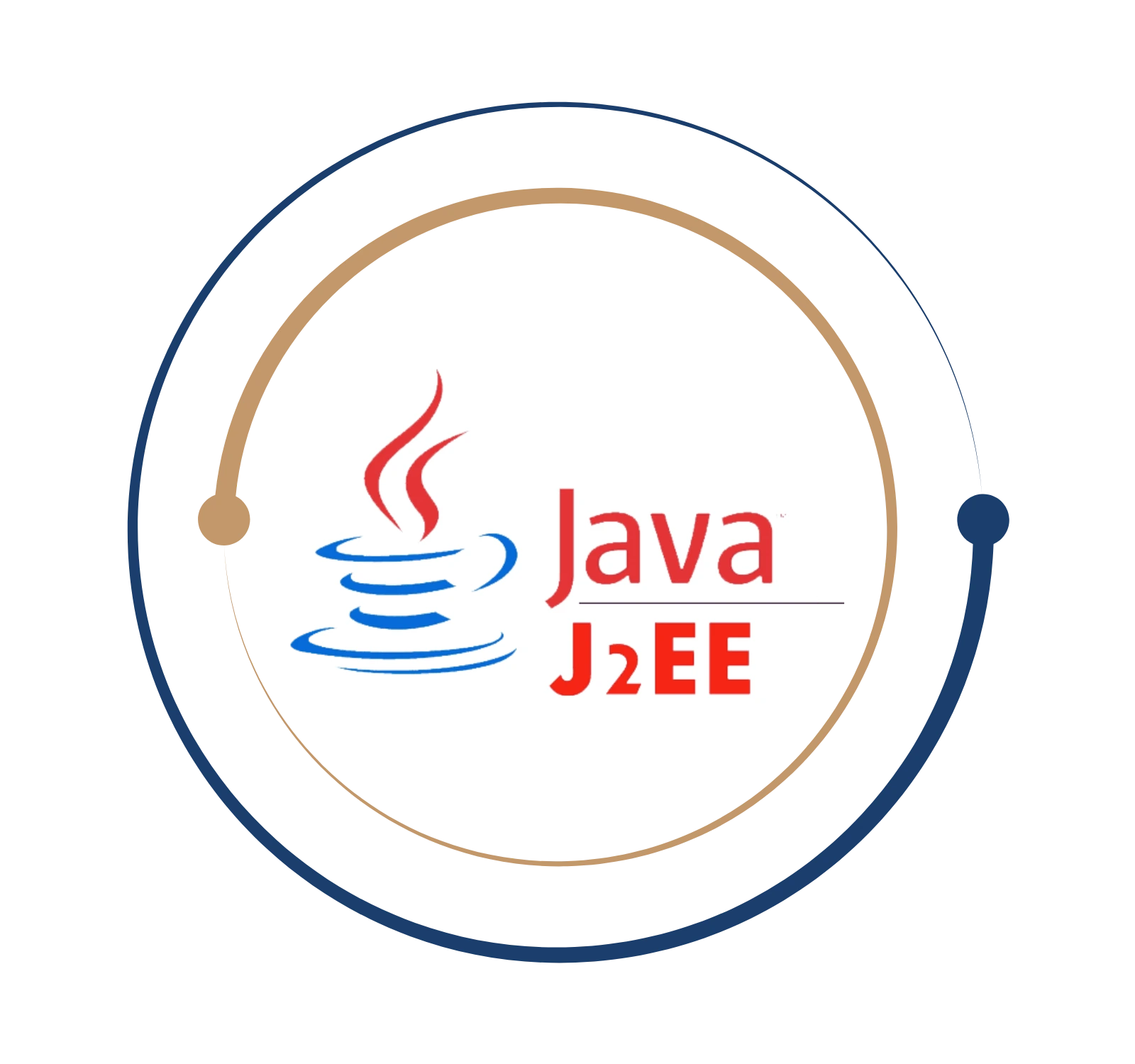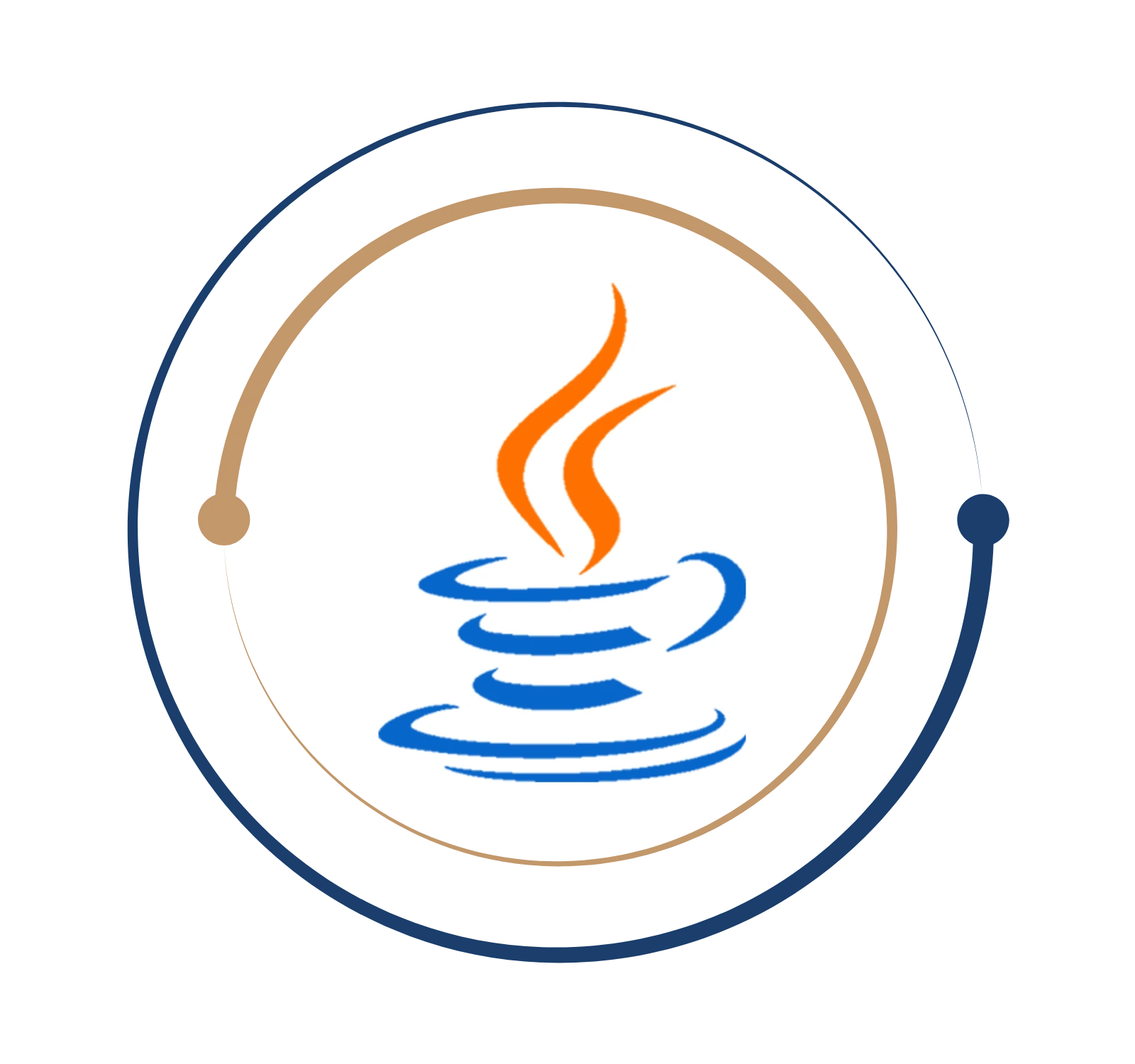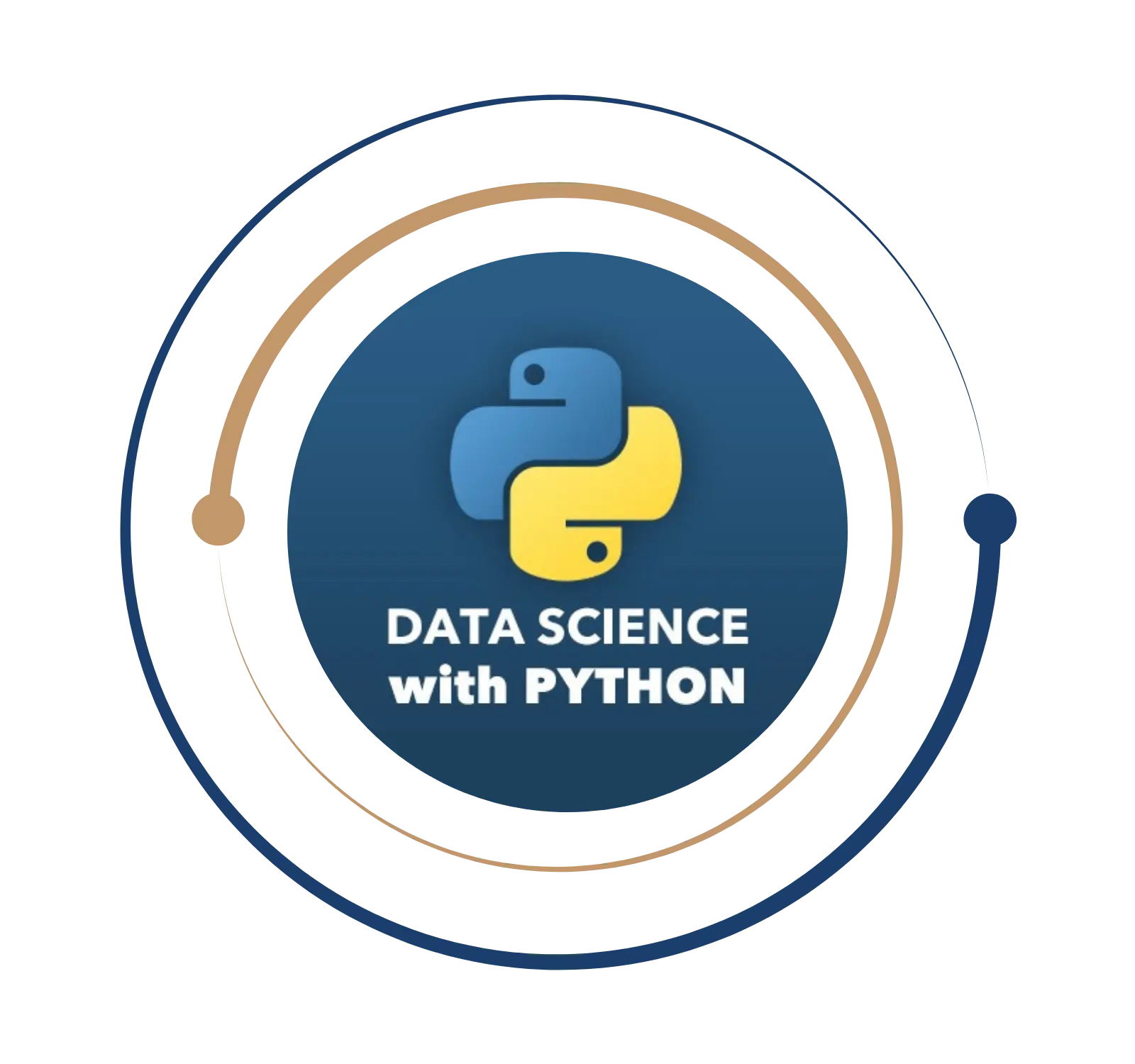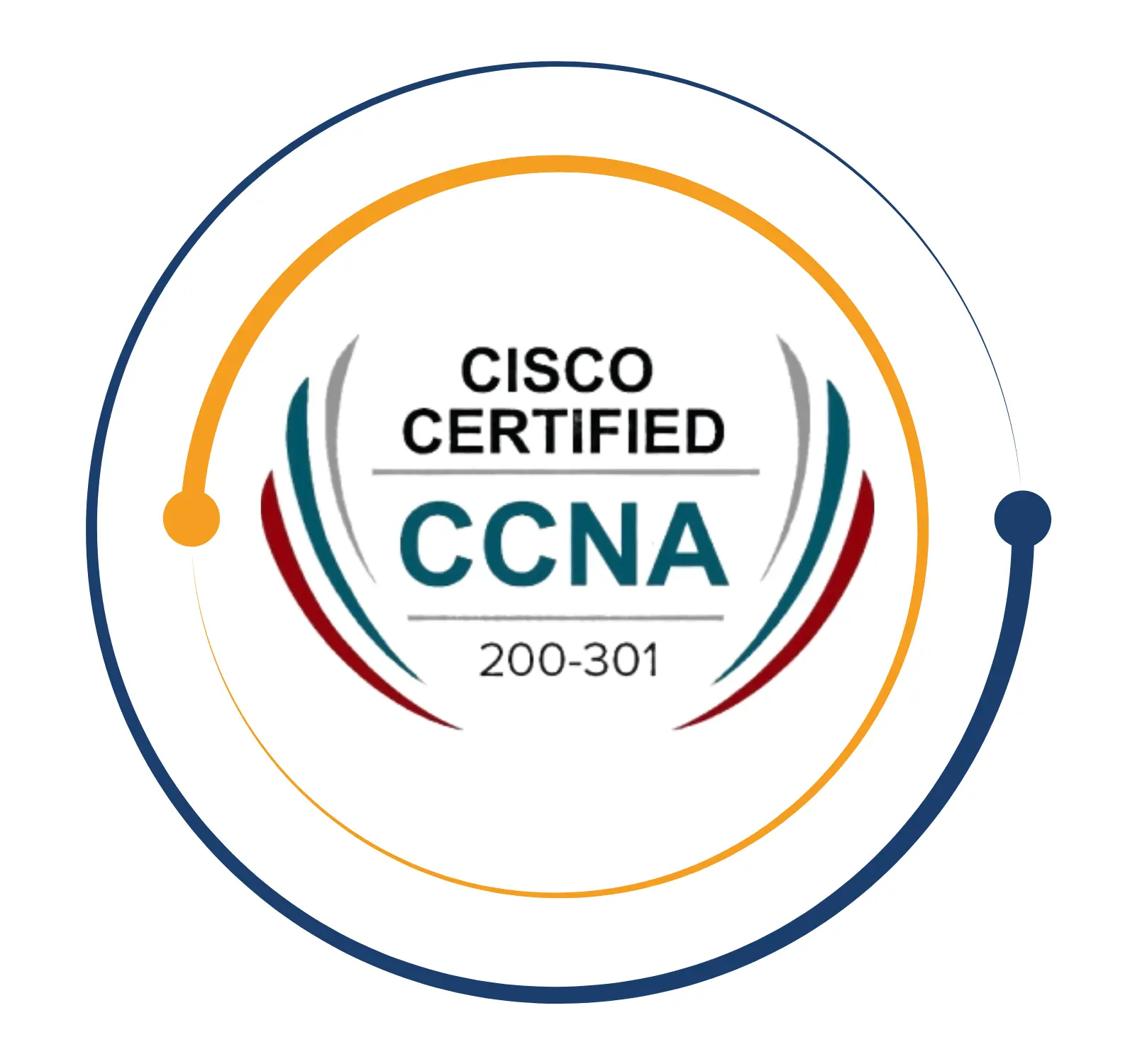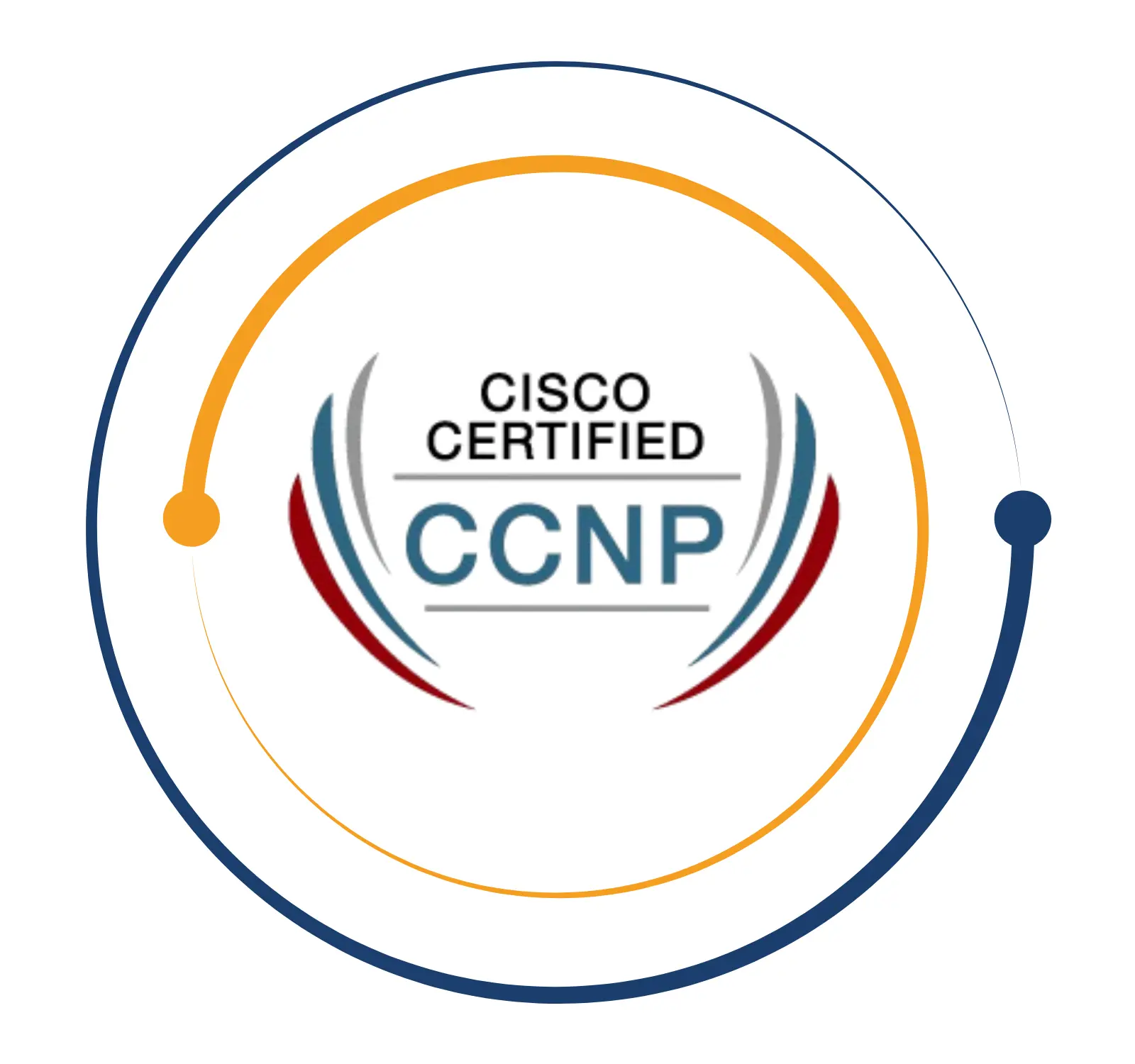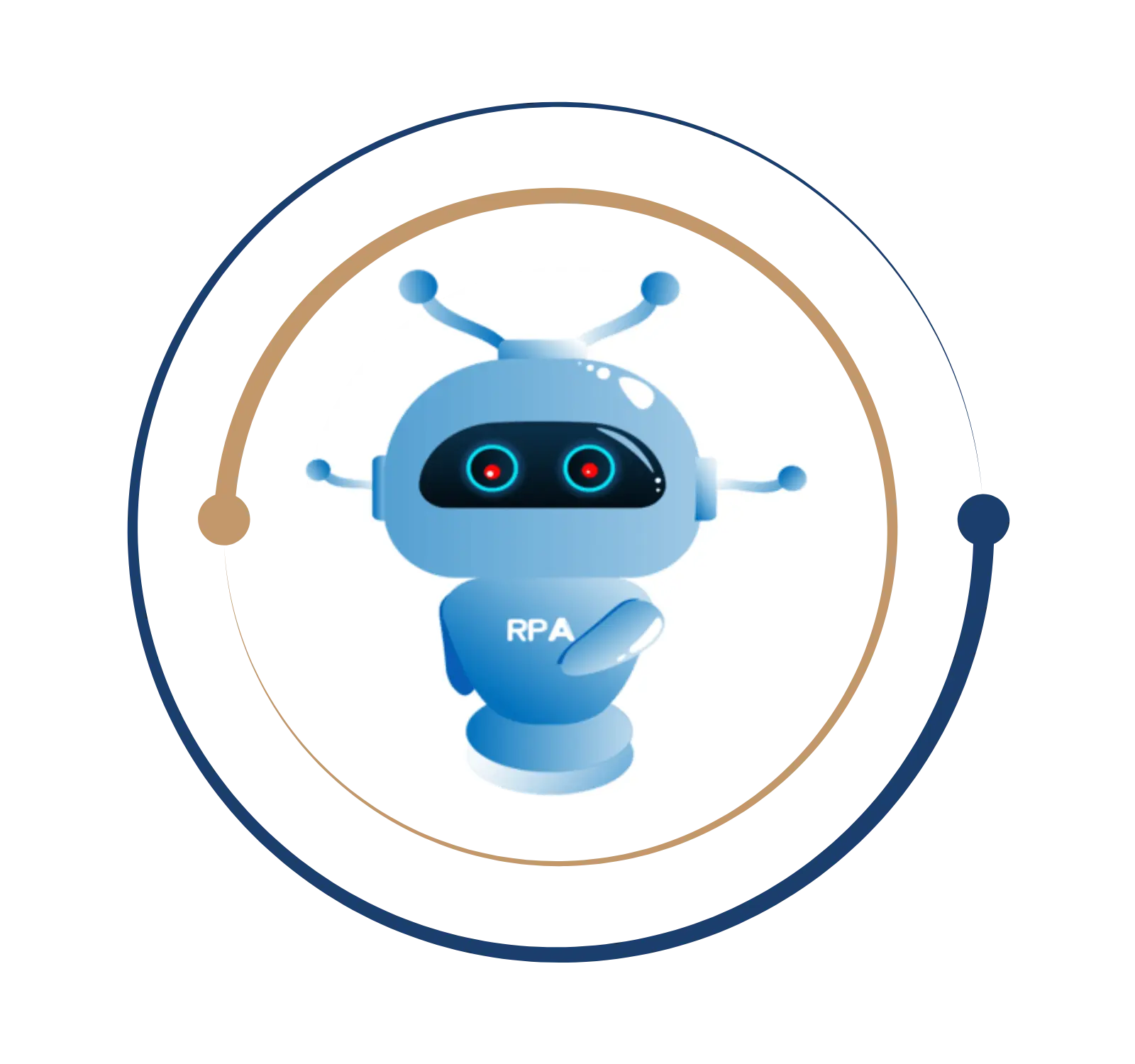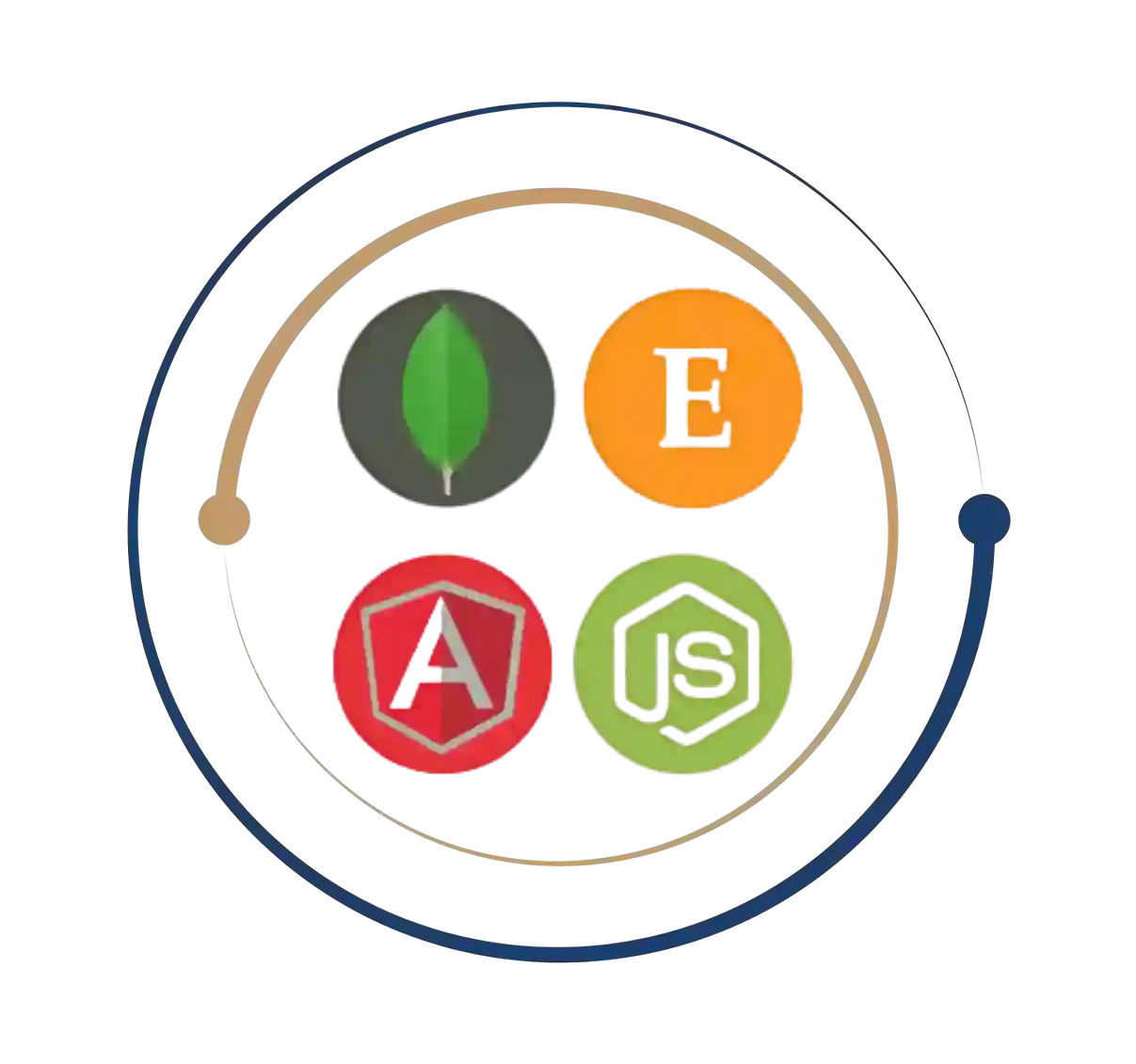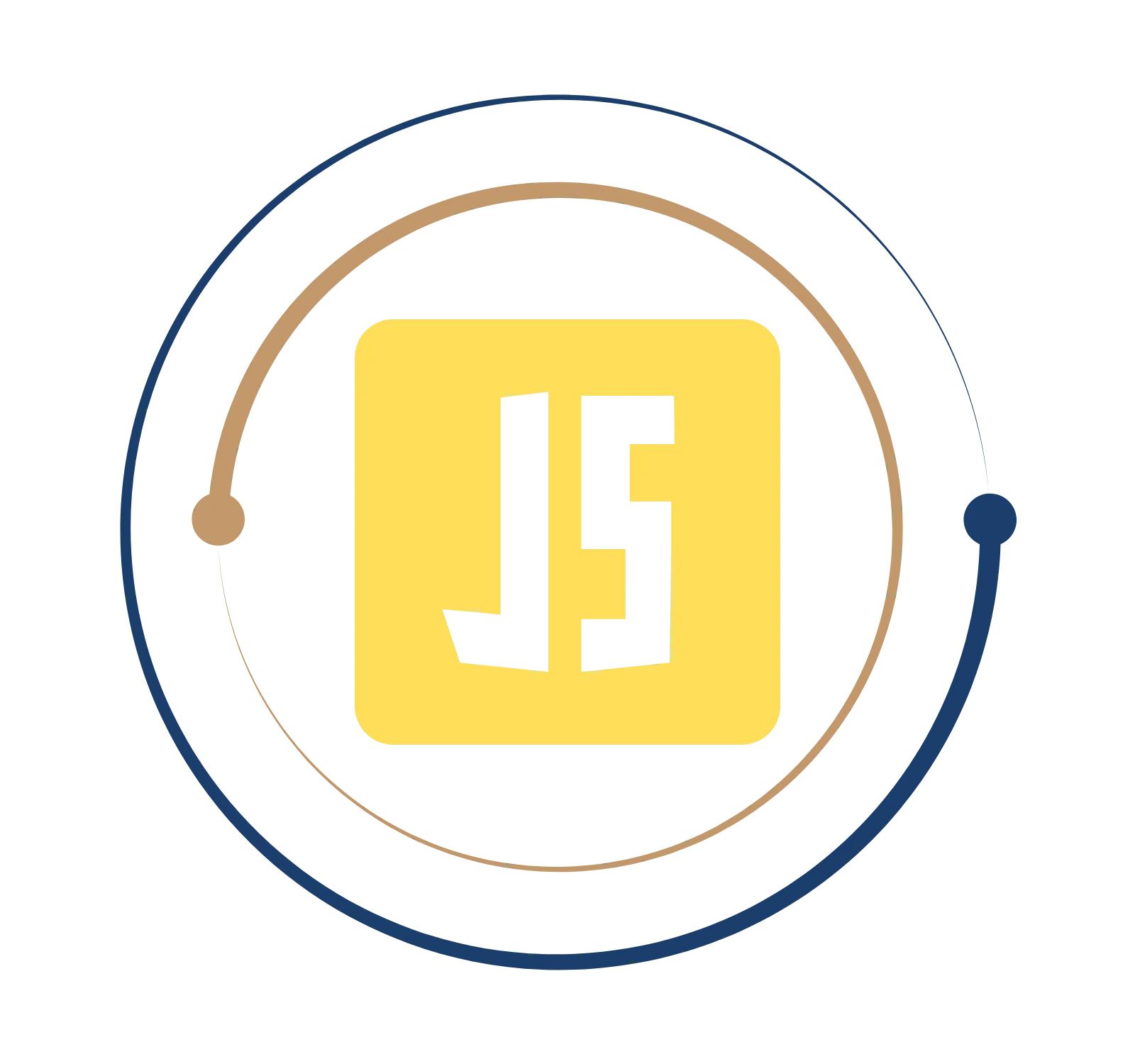Unlock the power of enterprise applications with advanced J2EE skills
J2EE Training in Chennai
Do you want to learn J2EE? Are you looking for a resource to do that? BITA Academy offers the Best J2EE Training in Chennai that will help you to develop Java-EE-based web apps using skills like JSP, Servlets, and Struts. You will learn J2EE abilities through this course, which will assist you in becoming a fully-fledged Java Engineer. Each idea is taught with practical examples, which is helpful for both experienced software developers and newcomers. Our mentor helps you become proficient in JDBC, Servlet, JSP, Hibernate, Struts, and Spring.
J2EE is a specification for a group of software elements that make it possible to create multi-tiered web applications. Servlets, Java Server Pages (JSPs), and Enterprise Java Beans are some of these software elements (EJBs). J2EE is based on Java2 Standard Edition (J2SE), using its main features. The platform also comes with compatibility tests to ensure developing new approaches and applications can run on different vendor implementations.
J2EE Training in Chennai
Do you want to learn J2EE? Are you looking for a resource to do that? BITA Academy offers the Best J2EE Training in Chennai that will help you to develop Java-EE-based web apps using skills like JSP, Servlets, and Struts. You will learn J2EE abilities through this course, which will assist you in becoming a fully-fledged Java Engineer. Each idea is taught with practical examples, which is helpful for both experienced software developers and newcomers. Our mentor helps you become proficient in JDBC, Servlet, JSP, Hibernate, Struts, and Spring.
What is J2EE?
J2EE is a specification for a group of software elements that make it possible to create multi-tiered web applications. Servlets, Java Server Pages (JSPs), and Enterprise Java Beans are some of these software elements (EJBs). J2EE is based on Java2 Standard Edition (J2SE), using its main features. The platform also comes with compatibility tests to ensure developing new approaches and applications can run on different vendor implementations.
Advantages of J2EE
- For configuring web-based enterprise applications, J2EE (Java 2 Platform Enterprise Edition) offers a platform-independent environment.
- The creation of network-based web services includes several APIs, protocols, and a runtime environment.
- It produces multi-tiered applications that are broad in scope, dependable, and secure.
- Enterprise software is scalable, secure, and reliable.
- Because the Java language makes it simple to understand and use, it boosts a programmer’s productivity.
- It can run on a variety of systems.
J2EE is a specification for a group of software elements that make it possible to create multi-tiered web applications. Servlets, Java Server Pages (JSPs), and Enterprise Java Beans are some of these software elements (EJBs). J2EE is based on Java2 Standard Edition (J2SE), using its main features. The platform also comes with compatibility tests to ensure developing new approaches and applications can run on different vendor implementations.
- For configuring web-based enterprise applications, J2EE (Java 2 Platform Enterprise Edition) offers a platform-independent environment.
- The creation of network-based web services includes several APIs, protocols, and a runtime environment.
- It produces multi-tiered applications that are broad in scope, dependable, and secure.
- Enterprise software is scalable, secure, and reliable.
- Because the Java language makes it simple to understand and use, it boosts a programmer’s productivity.
- It can run on a variety of systems.
Get Instant Help Here
The J2EE Certification is one of the professional qualifications that shows mastery of the Advanced Java programming language and its applications. After the J2EE Training in Chennai, the candidate will have real-world project experience, which certifies they have the skills required to work as Software Developers. You can prioritize your profile during the interview if you bring this certificate with your resume. Additionally, this will make a range of professional options available.
- J2EE Certification
- Advanced Java Certification
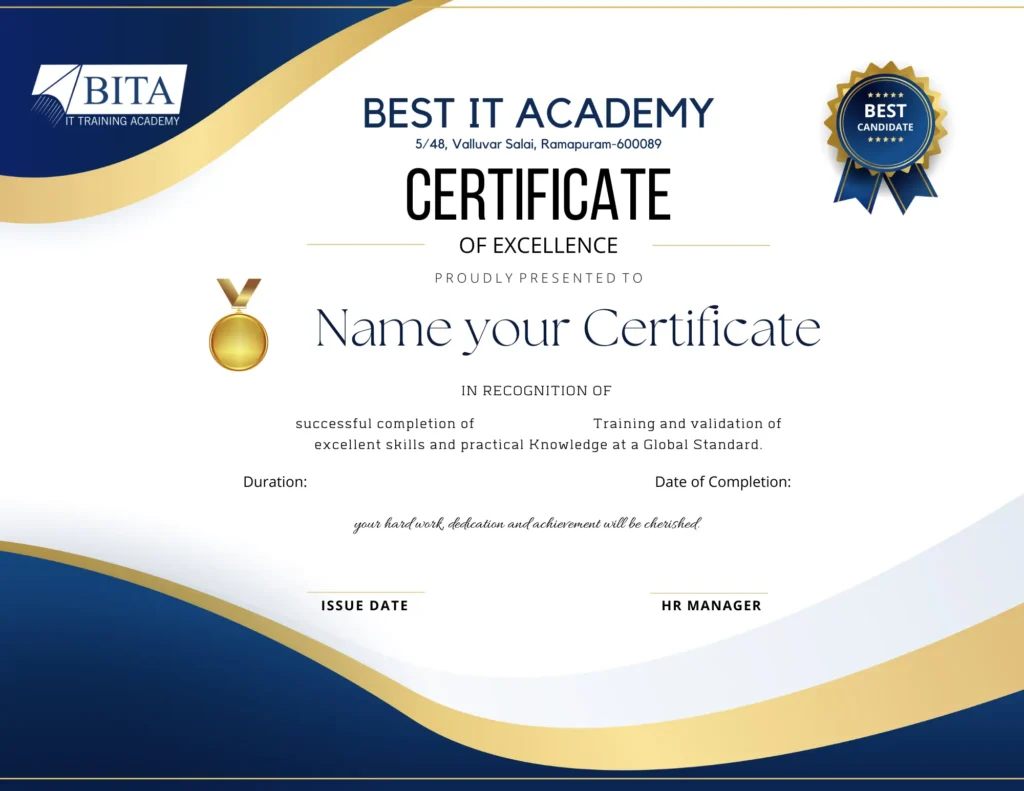
Java is one of the top choices if you’re looking for a great career opportunity in the software development industry. The adaptability of this language and its platform independence are the causes of its phenomenal growth. The expansion of the Java programming language required these essential characteristics. Year over year, there is a noticeable increase in the demand for J2EE and associated employment. It is evident from the aforementioned interpretation that there is still a high need for Java/J2EE expertise. The job market or recruiting trends are constantly changing. The average annual income for a Java J2ee Developer in India is 4.0 Lakhs, with salaries ranging from 2.0 Lakhs to 10.0 Lakhs. Signup for J2EE Training in Chennai.
Job you can land with J2EE
What you will learn?
- What is JDBC?
- Different Types of Drivers
- How to load the drivers?
- Connection
- Statement
- Prepared Statement
- Callable Statement
- Result Set
- Interfaces
- What is Web Application?
- CGI
- Servlet
- What do you know Web Server and Container?
- Deep Dive on HTTP Protocol
- What do you know about Generic Servlet and HTTP Servlet?
- Life Cycle of Servlet
- Deep Dive on Servlet Work Flow
- How to create War File?
- How to develop a servlet in Eclipse?
- Deep Dive on Myeclipse
- What do you know about GET and POST request?
- Deep Dive on ServletConfig and ServletContext
- Attribute in Servlet
- What do you know about RequestDispatcher?
- Session Tracking
- What do you know about Hidden Form Field?
- Cookie
- HTTP Session
- Deep Dive on URL Rewriting
- Filters
- What do you know about Annotation Servlet?
- Single Thread Model
- How to develop an app using Servlet?
- Difference between JSP and Servlet
- JSP API
- How to write JSP app?
- Life Cycle of JSP
- How to use JSP in eclipse?
- Deep Dive on JSP Scripting Elements
- What do you know about Implicit Object?
- Deep Dive on JSP Directive Elements
- JSP Exception
- Action Elements
- Expression Language
- JSTL
- JSP Custom Tag
- MVC
- How to develop an app using JSP?
- How to develop an app using MVC?
- Do you know to use Hibernate Config and Mapping file?
- What is POJO? (Plain old java object class)
- Hibernate API – An Overview
- Difference between Hibernate and JDBC
- An Overview of Hibernate
- Deep Dive on Hibernate Architecture
- An Overview of ORM (Object Relational Mapping)
- What do you know about Hibernate Resource?
- How to create first Hibernate app?
- Do you know to use Hibernate in Eclipse and MyEclipse?
- How to use Hibernate app with CURD Operation?
- Deep Dive on Hibernate Query Language
- Native SQL
- Criteria API
- What do you know about Hibernate Inheritance?
- Table per Class
- Table per Sub Class
- What do you know about Table per Concrete Class?
- Deep Dive on Caching
- Difference between First level and Second level Cache
- How to connect with multiple DB?
- Do you know to integrate Hibernate with Servlet?
- How to integrate Hibernate with Struts?
- Do you know to integrate Hibernate with Spring?
- How to work with Hibernate Annotations?
- An Overview
- Difference between Local and Global Exceptions
- What do you know about Local and Global Forwards?
- Deep Dive on Exception Handling in Struts
- What do you know about DynaValidatorForm?
- Different Types of Forms
- Difference between Server and Client Side Validations
- What do you know about validations in struts?
- Deep Dive on Struts request process flow
- What do you know about Struts Config file?
- Action Class
- Action Form
- Web.xml
- Deep Dive on ActionServlet
- An Overview of Struts Resource
- Different Types of App
- Do you know about layers in an app?
- Presentation Layer
- Business Layer
- Data Storage
- Access Layer
- Deep Dive on System Architecture
- Web Application Model
- Difference between Model 1 and Model 2 Architecture
- Deep Dive on Struts Architecture
- HTML Tag Library
- Bean Tag Library
- Logic Tag Library
- Nested Tag Library
- Tiles Tag Library
- Do you know to predefine Action Class?
- How to use Forward and Include Action?
- Dispatch Action
- Struts 2.X – An Overview
- Deep Dive on Architecture
- What do you know Interceptors and Value Stack?
- Difference between Custom and Params Interceptor
- Difference between prepare and modelDriver Interceptor
- Deep Dive on Zero Configuration
- How to use SessionAware and ServletActionContext?
- An Overview of Spring
- Spring Modules
- How to create a Spring app?
- Do you know to use spring in MyEclipse?
- How to use Spring in Eclipse?
- Spring Core Module
- Deep Dive on Dependency Injection
- What do you know IOC Container?
- Difference between Dependency and Constructor Injection
- Deep Dive on CI Dependent Object
- CI with Collection and Map
- What do you know about Setter Injection? (SI)
- Deep Dive on SI Dependent Object
- SI with Collection and Map
- Difference between CI and SI
- Deep Dive on Auto Wiring
- An Overview of AOP
- How to use SP AspectJ Annotation and XML?
- Spring JDBC Template
- How to use PreparedStatement and ResultSetExtractor?
- Do you know to use RowMapper and NamedParameter?
- Spring ORM
- Spring with Hibernate
- Deep Dive on Spring with JPA
- Spring MVC
- Deep Dive on Multiple Controller
Weekdays
Mon-Fri
Online/Offline
1 hour
Hands-on Training
Suitable for Fresh Jobseekers
/ Non IT to IT transition
Weekends
Sat – Sun
Online/Offline
1.30 – 2 hours
Hands-on Training
Suitable for IT Professionals
Batch details
Week days
Mon-Fri
Online/Offline
1 hour
Hands-on Training
/ Non IT to IT transition
Sat – Sun
Online/Offline
1:30 – 2 hours
Hands-on Training
Why should you select us?






Why should you select Us?











